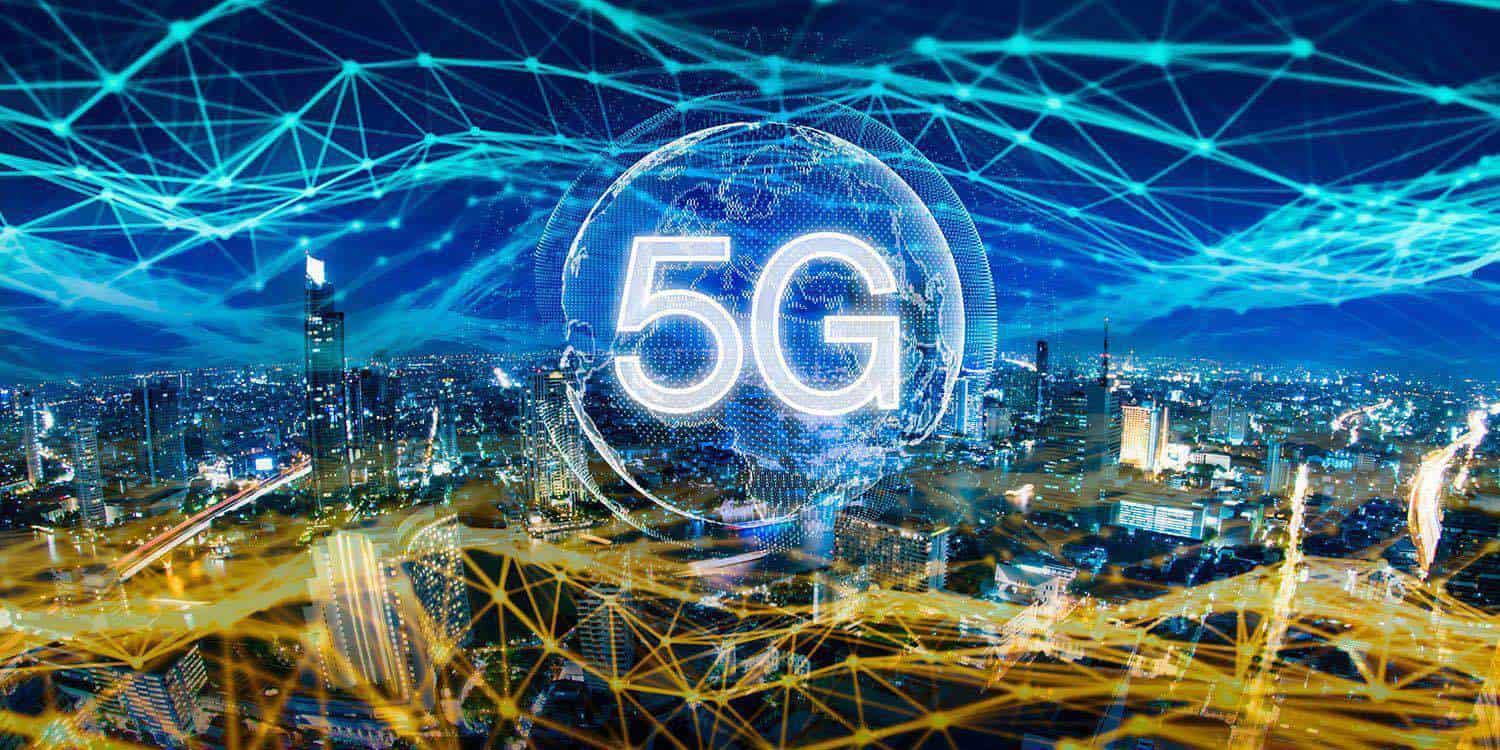A long way from a specialized technology to academic discussions, blockchain has gradually turned into mainstream adoption. This is because of the developing popularity of cryptocurrencies. When we are looking at the blockchain, we are looking at an innovation that opens to an abundance of opportunities not only for the mobile industry but also for several other industries as well.
Digital Identities
Having a Digital Identity may seem like an abstract thought. Yet, having the option to identify which online device we are communicating effectively is a keystone in the online world. Moreover, the number of connected devices is gradually increasing. In a recent forecast, it is estimated that the connected devices will reach around 18 billion by 2022. Besides, issuing digital identities to those connected devices is a crucial part of the automation and security for these devices.
Blockchain and Digital Identities
- The blockchain is an ideal fit for digital Identities since it enables a wide range of backers to interoperate and co-exist in a secure, transparent, and device-friendly environment.
- In a rapidly moving world, shared ownership and the Internet of Things and Services are backed by 5G. Blockchain, without any doubt, offers a safe route for automation to take off genuinely.
- Externally operators are positive that it will create a way for new opportunities and new income from 5G. However, 5G exhibits new and complicated challenges to operators, which include the development of compelling business models for the new system technology and its abilities. This can be overcome by Blockchain.
5G
Advertisement
5G’s business success will rely upon new organizations and services in vertical markets outside the telecom sector consumer markets. For these associations and services to succeed, operators must invest and develop the technology and instruments to monetize these services. Also, they should ensure that each contributor and external associate in the value chain gets a considerable amount of income.
5G’s Services
5G’s additional capacity, quicker speeds, low latency, and strong computing capabilities offer a potential for a wide scope of services. Moreover, these services have passed the capacity of the operator to deliver by themselves. The new use cases being empowered by 5G in the enterprise space will require new vendors and network slicing.
Blockchain as a Solution to 5G Monetization
- The response to the challenge of how to adapt 5G’s multi-party, complicated service chains lie in the blockchain. Moreover, with its transparency and scalability, blockchain offers ledger-based billing for operators to precisely deal with the clearing, logging, and settlement process.
- In particular, 5G will depend on interconnected frameworks, in addition to hosted platforms and technologies. The clearing and settlement procedures have the option to safely clear and monetize any sort of connected transaction, regardless of whether it is for roaming, for IoT, or any other procedure.
- Blockchain gives every member in the 5G service chain with the equivalent verifiable proof of events, executed transactions, and billable usages.
Wrap up
Advertisement
Operators need to considerably re-examine their back-end frameworks to deal with 5G’s more complicated ecosystem of interconnected networks and partners. Today’s present frameworks are not fit to deal with this. In this manner, blockchain is rising as a new foundation for operators to effectively deal with their 5G environments.







